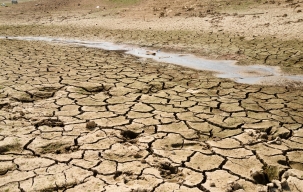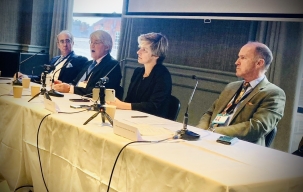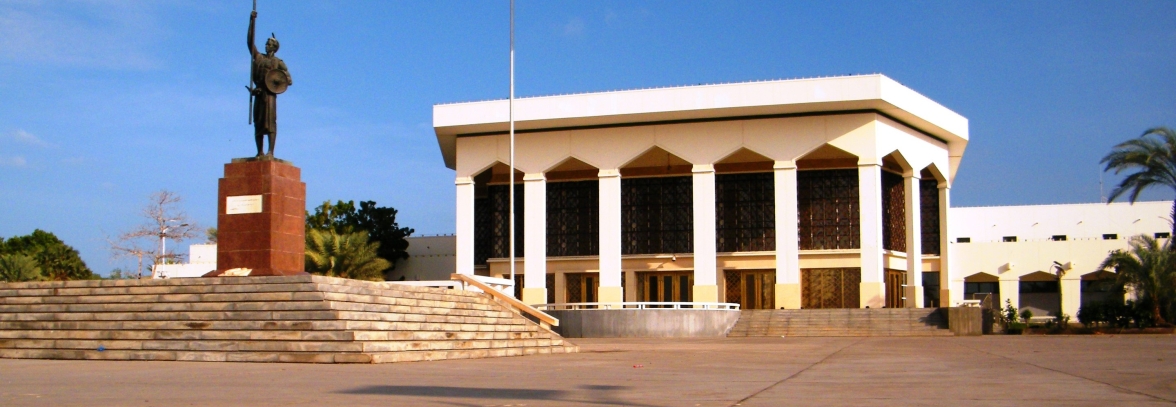Key dates
Latest
-
 Members content
Members content -
PodcastsDefence & Security — 2 Oct 2024
Podcast: CMEC at CPC24 pt.2: Does 'Stop The Boats' start in the Sahel?


Djibouti
942,000
Republic headed by president
President H.E Mr Omar Guelleh
Prime Minister H.E Mr Abdoulkader Kamil Mohamed
June 27th
The French Consulate General represents Djibouti in the UK
H.E Mr Vinay Talwar
Rue de Djibouti, Djibouti
Close to Arabian Peninsula
Djibouti’s key geographical position has long proved to be its key economic asset in a country that is largely barren. Its position has guaranteed the country a regular flow of aid from the West. The capital, Djibouti City, handles imports and exports for several landlocked African countries, not least Ethiopia, its giant neighbour to the west. This earns Djibouti much-needed income in harbour fees and transit taxes.
Djibouti won independence from France in 1977, but France retains a significant military presence in the country, including thousands of troops, warships, and armoured vehicles. France used the country as a base during the 1990/1991 Gulf War.
Its strategic importance is underlined by the presence of other foreign military bases. Djibouti also hosts the United States’ largest military base in Africa, as well as the first overseas military base established by Japan since World War II. It also hosts China’s first ever military base.
Key ethnic balance
The key political imperative has been to achieve a government that reflects a balance between the country’s two main ethnic groups, the Afar people of Ethiopian origin and the Issa people of Somali origin. Civil war followed the failure to achieve this balance in the years following.
Post-independence history
After independence in 1977, the country’s first president, Hassan Gouled Aptidon, instituted an authoritarian one-party regime dominated by his own Issa community. Afar resentment eventually led to civil war in the early 1990’s. Under French pressure, Mr Gouled introduced a multi-party system in 1992 but civil conflict continued until a power-sharing agreement was reached in 1994. A splinter group of the Afar rebel group, the Front for the Restoration of Unity and Democracy (Frud), continued to fight until it too signed a peace agreement with Mr Gouled’s successor, Omar Guelleh.
The country experienced mass protests in 2011 after Mr Guelleh persuaded the National Assembly to change the constitution to allow him to stand for a third term but the demonstrations were soon put down.

